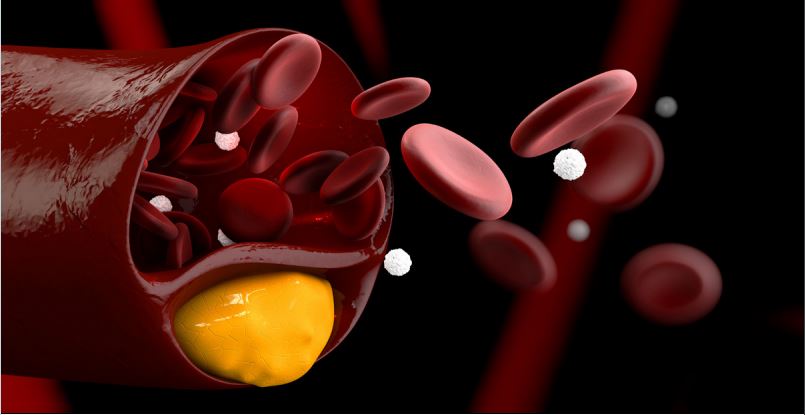The risk of incident diabetes is another common concern with statin therapy, with several studies suggesting that statin treatment may significantly increase the risk of type 2 diabetes onset in patients with hypercholesterolemia.8, 14, 15 However, despite the increase in incident diabetes, the cardiovascular risk reduction with statins is similar in patients with diabetes and those without, and these benefits outweigh any potential risk, a view supported in clinical practice guidelines and position statements.2, 8, 16, 17
“Absolutely, the statin cardiovascular and mortality benefits outweigh the diabetes risk. This was also shown in the JUPITER trial, 18 where high-intensity statin therapy (rosuvastatin 20 mg) did not increase diabetes in patients with no major diabetes risk factors, but it did accelerate the average time to diabetes diagnoses in predisposed patients with diabetes risk factors. Unfortunately, the harmful effects of statins are more popular and it is remarkable how much negativity about statins exists in the internet and media. This has caused a “nocebo effect” regarding statins, in which patients develop symptoms because of preconceived negative expectations from its treatment. Lifestyle modifications, including diet and exercise, are the cornerstone of hypercholesterolemia management, followed by statin therapy. Statins have been around for 40 years, are extremely beneficial, cost-effective, have important pleiotropic benefits, and are generally safe. We can be seduced by the latest and greatest therapies, but the therapy that has proven to reduce mortality, myocardial infarction, and cardiovascular event rates, has been this oral medicine that now is cheap to take, so I believe that statins will still have a huge role going forward” – concluded Dr. Cho


















